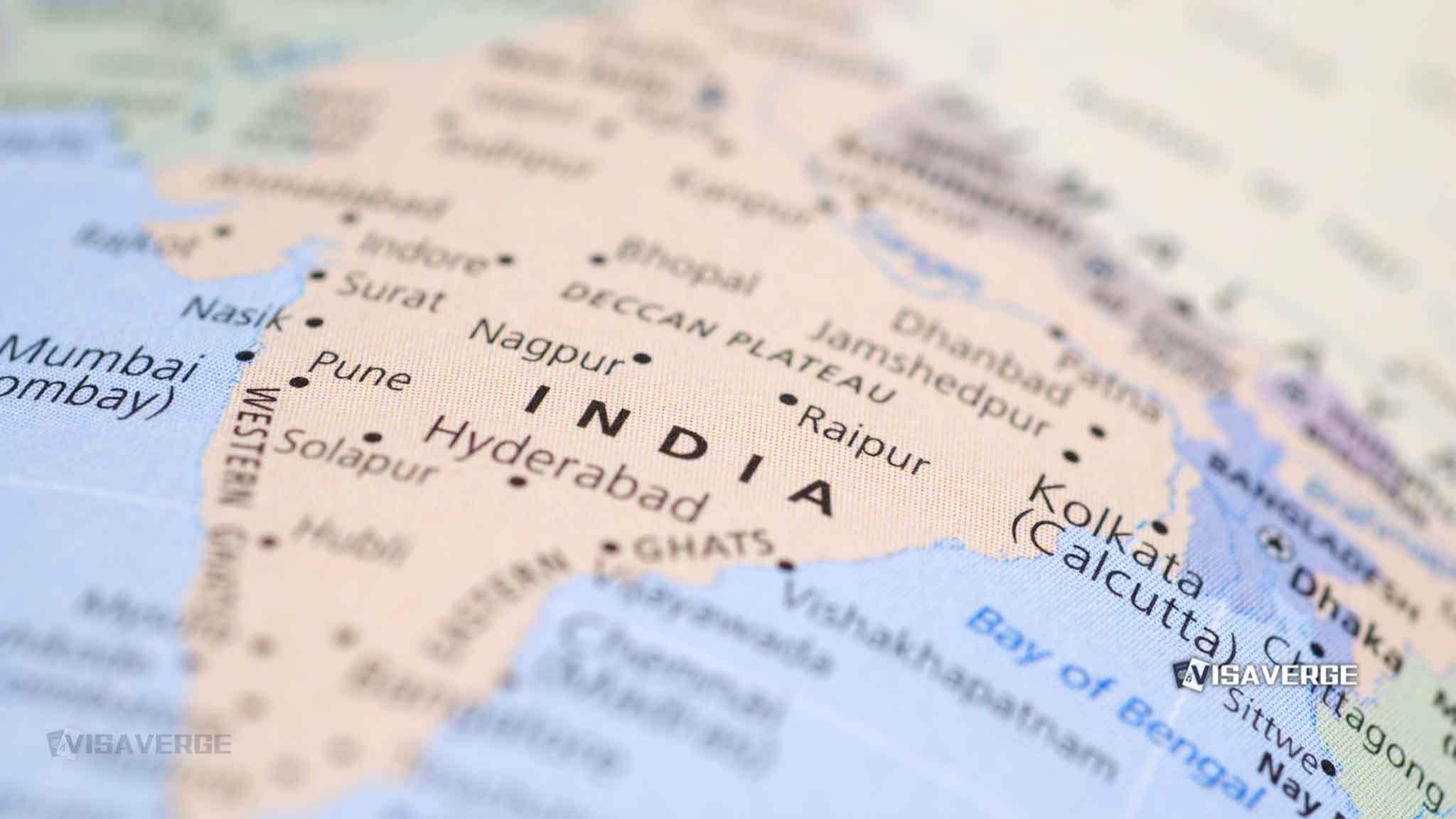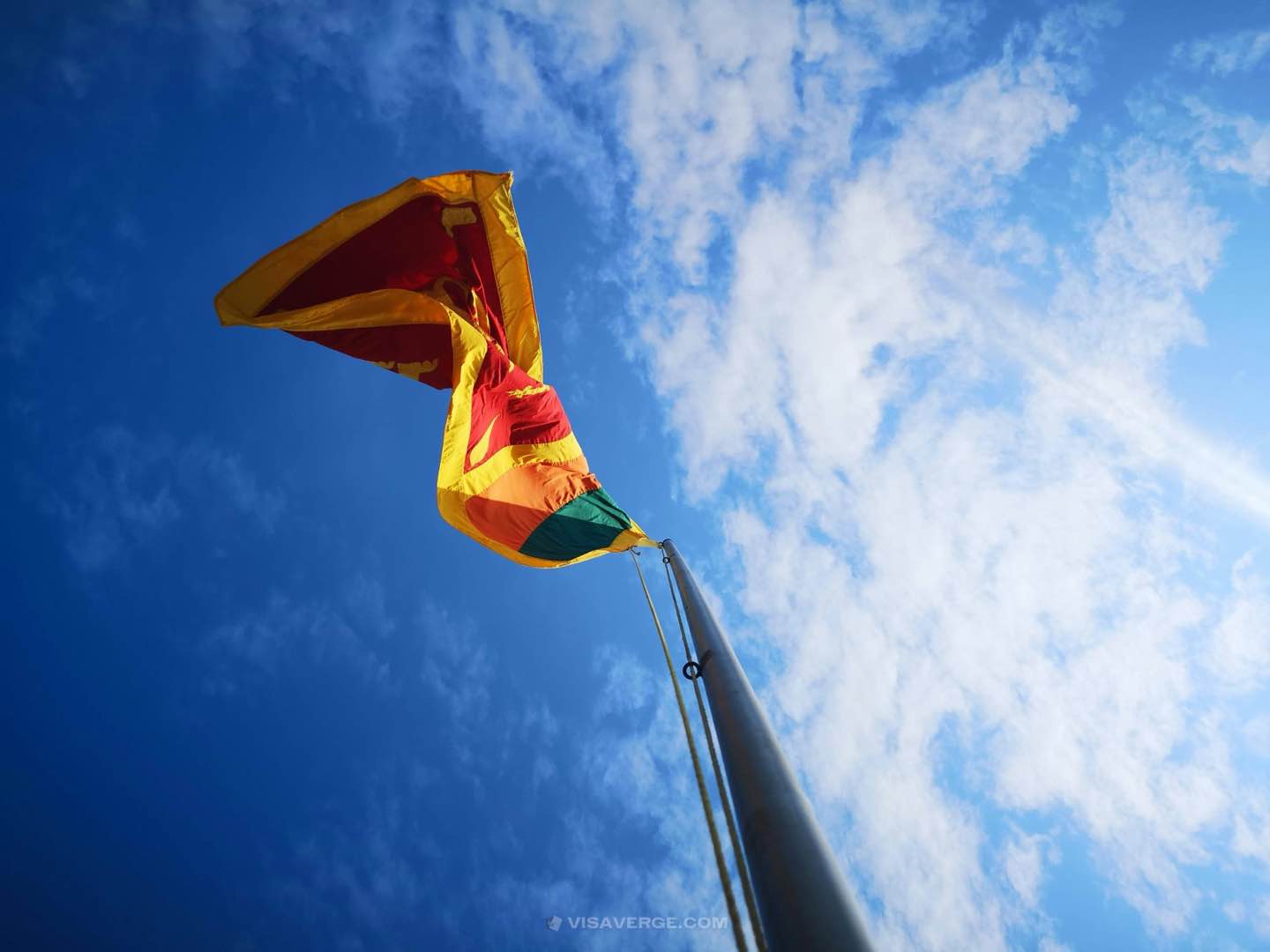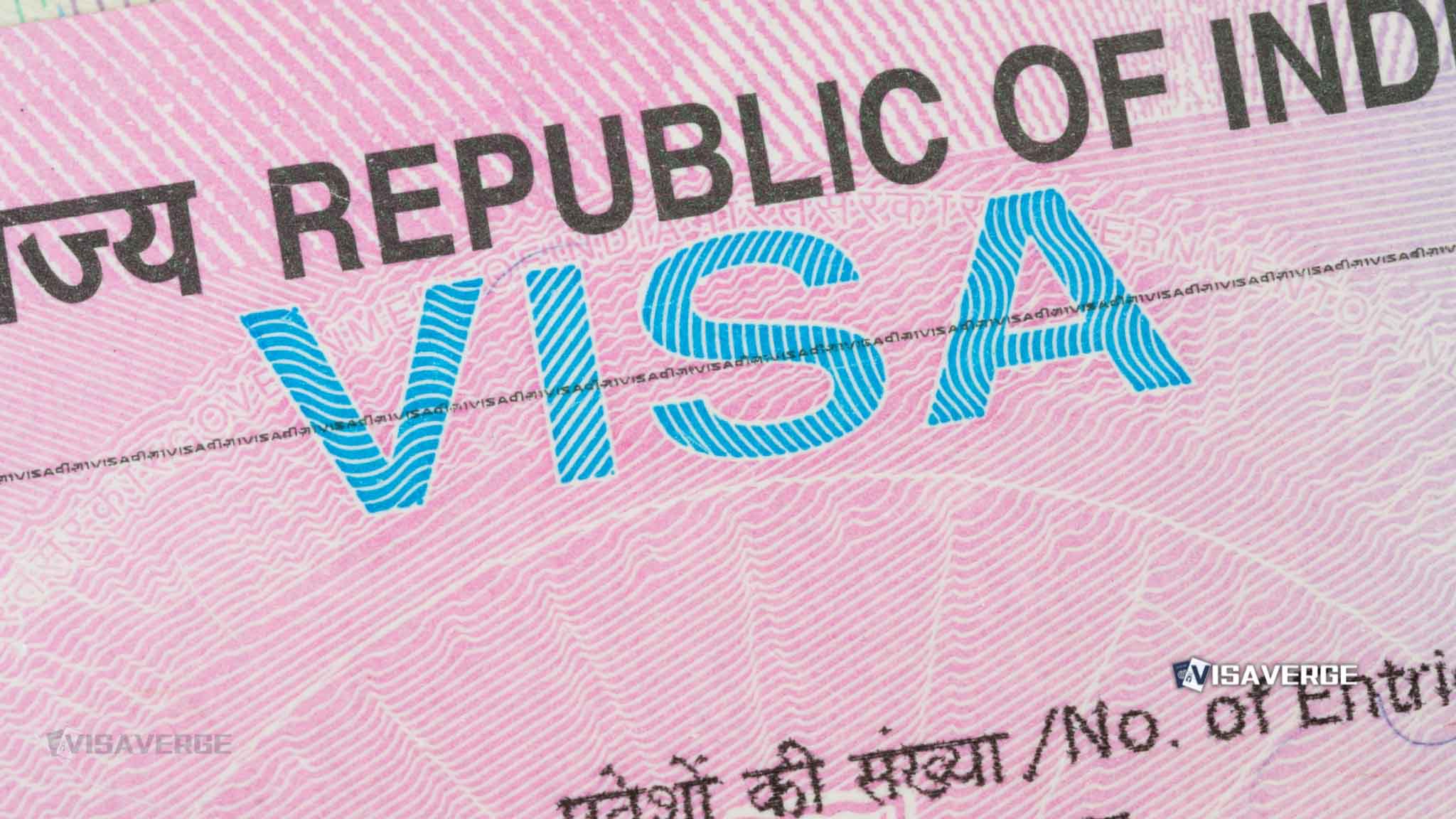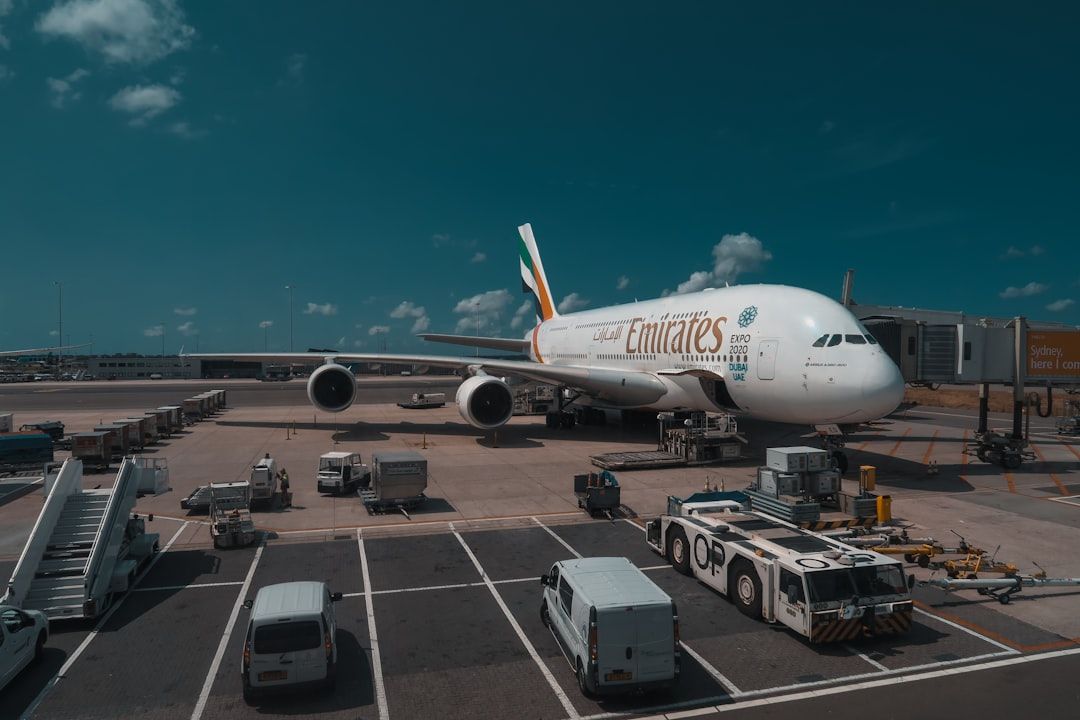Key Takeaways
• India’s 2025 visa ban excludes Pakistani athletes for multi-nation sports events per IOC Olympic Charter Rule 44.
• Pakistani athletes face visa scrutiny but are allowed in international events like Asia Cup 2025 in Rajgir.
• India balances security concerns with international sports obligations to keep hosting rights for the 2036 Olympics.
India’s recent decision to allow Pakistan athletes to participate in international sports events hosted within its borders, despite a sweeping visa ban on Pakistani nationals, has sparked widespread discussion. This policy, shaped by both international sporting obligations and domestic security concerns, highlights the complex relationship between sports, diplomacy, and immigration law. This analysis examines the purpose and scope of India’s approach, the methods and legal frameworks guiding these decisions, key findings from recent developments, and the broader implications for athletes, policymakers, and international sports organizations.
Purpose and Scope

The main purpose of this analysis is to explain why India, despite a strict visa ban on Pakistani nationals, cannot deny entry to Pakistan athletes participating in international sports events. The scope covers:
- The legal and policy frameworks influencing India’s decision, especially the International Olympic Committee’s (IOC) Olympic Charter.
- The practical impact on Pakistan athletes, Indian authorities, and international sports bodies.
- The broader trends and patterns in sports diplomacy and immigration policy.
- Evidence-based conclusions and limitations of the current approach.
This content aims to provide a clear, unbiased understanding for readers interested in the intersection of immigration, sports, and international relations.
Methodology
This analysis draws on official statements from the Indian government, the International Olympic Committee, and recent news reports. It reviews:
- The timeline and details of India’s visa ban on Pakistani nationals.
- The exceptions made for Pakistan athletes in multi-nation sports events.
- The role of the IOC’s Olympic Charter, particularly Rule 44, in shaping policy.
- Recent examples, such as the Asia Cup 2025, to illustrate how these policies work in practice.
- Official government sources, including the Ministry of External Affairs and the International Olympic Committee’s website, for authoritative information.
The content is structured to present key findings upfront, followed by data presentation, comparisons, and evidence-based conclusions.
Key Findings
- India’s visa ban on Pakistani nationals, imposed after the Pahalgam terror attacks in April 2025, does not apply to Pakistan athletes participating in international, multi-nation sports events.
- This exception is driven by the need to comply with the International Olympic Committee’s (IOC) Olympic Charter, specifically Rule 44, which prohibits discrimination based on nationality, race, or religion.
- India’s compliance with IOC rules is crucial for its ambitions to host major international events, such as the 2036 Olympics.
- Bilateral sporting ties between India and Pakistan remain suspended, but participation in multi-nation tournaments is allowed.
- Pakistani athletes must still apply for visas, and the process may involve extra scrutiny or delays, but their participation is generally assured for international events.
- The situation remains sensitive and could change if diplomatic or security conditions shift.
Data Presentation
Timeline of Key Events
- April 22, 2025: Pahalgam terror attacks occur, leading to heightened security concerns in India.
- April 24, 2025: India announces suspension of all visa services for Pakistani nationals.
- April 27, 2025: Visa ban takes effect; all existing visas for Pakistani nationals are revoked.
- July 2025: Indian government clarifies that the visa ban does not apply to Pakistan athletes participating in international, multi-nation sports events.
- August 29 – September 7, 2025: Asia Cup 2025 scheduled in Rajgir, Bihar, with expected participation from Pakistani hockey players.
Visual Description: Policy Flow
- Visa Ban Announced: Applies to all Pakistani nationals.
- Exception Created: Pakistan athletes allowed for multi-nation events.
- IOC Charter Referenced: Rule 44 prohibits discrimination.
- Bilateral Sports Suspended: No India-Pakistan bilateral matches.
- International Events Allowed: Pakistani athletes can compete in World Cups, Asian Championships, etc.
Stakeholder Statements
- Indian Sports Ministry: “While bilateral sports engagements with Pakistan are suspended, participation in multi-nation events will be allowed to uphold the spirit of international competition.”
- International Olympic Committee: The IOC has previously penalized India for denying visas to athletes, affecting India’s rights to host Olympic qualifying events.
Recent Example: Asia Cup 2025
- Event: Asia Cup 2025 (Hockey)
- Location: Rajgir, Bihar, India
- Dates: August 29 – September 7, 2025
- Status: Pakistani hockey players expected to participate; as of early July 2025, visa applications not yet submitted.
Comparisons, Trends, and Patterns
India’s Policy Compared to Other Host Nations
Many countries hosting major international sports events face similar dilemmas when diplomatic or security tensions exist with certain nations. However, the IOC’s Olympic Charter and similar rules from other international sports bodies require host countries to allow all qualified athletes to participate, regardless of nationality.
- India’s Approach: India has drawn a clear line between bilateral sports (which remain suspended) and multi-nation events (where participation is allowed). This approach mirrors actions taken by other countries in similar situations, such as the United States 🇺🇸 and Russia 🇷🇺 during periods of diplomatic tension.
- IOC Enforcement: The IOC has a history of penalizing host countries that deny visas to athletes based on nationality. For example, India lost the right to host Olympic qualifying events in the past after refusing visas to athletes from certain countries.
Trends in Sports Diplomacy
- Separation of Sports and Politics: There is a growing trend to keep international sports events separate from political disputes, as seen in India’s decision to allow Pakistan athletes despite a general visa ban.
- Use of Sports for Soft Power: Hosting major sports events is seen as a way to boost a country’s international image and influence. Compliance with international rules is essential for maintaining this opportunity.
- Increased Scrutiny of Visa Processes: While exceptions are made for athletes, the visa application process may still involve extra checks, reflecting ongoing security concerns.
Patterns in Visa Policy
- General Ban with Specific Exceptions: India’s policy is an example of a general visa ban with targeted exceptions for specific groups, in this case, athletes participating in international events.
- Reliance on International Rules: The need to comply with international sports regulations often overrides domestic policy preferences, especially when hosting rights are at stake.
Evidence-Based Conclusions
Why Can’t India Deny Visas to Pakistan Athletes?
The main reason India cannot deny visas to Pakistan athletes for international sports events is the requirement to comply with the International Olympic Committee’s Olympic Charter. Rule 44 of the Charter states that there must be no discrimination against athletes based on nationality, race, or religion. If India were to deny visas to Pakistan athletes, it would risk:
- Losing the right to host international sports events, including Olympic qualifiers and possibly the Olympics themselves.
- Facing penalties from the IOC and other international sports bodies.
- Damaging its reputation as a fair and reliable host for global competitions.
As reported by VisaVerge.com, India’s decision to allow Pakistan athletes to participate in international events is a strategic move to protect its interests in global sports and maintain its eligibility to host major tournaments.
Practical Implications for Stakeholders
For Pakistan Athletes
- Assured Participation: Pakistani athletes can expect to participate in international events hosted in India, provided they follow the visa application process.
- Possible Delays: The visa process may involve extra scrutiny, leading to possible delays or additional documentation requirements.
- No Bilateral Matches: Participation is limited to multi-nation events; bilateral sports ties remain suspended.
For Indian Authorities
- Balancing Act: Indian officials must balance security concerns and diplomatic tensions with the need to comply with international sports regulations.
- Protecting Hosting Ambitions: By allowing Pakistan athletes to participate, India keeps its hopes alive for hosting the 2036 Olympics and other major events.
For International Sports Bodies
- Enforcing Non-Discrimination: The IOC and similar organizations must ensure that host countries follow the rules and allow all qualified athletes to compete.
- Maintaining Integrity: Consistent enforcement of non-discrimination rules helps maintain the integrity and global appeal of international sports.
Limitations
While India’s current policy allows Pakistan athletes to participate in international events, several limitations and uncertainties remain:
- Security Concerns: Any major security incident could lead to changes in policy or additional restrictions.
- Diplomatic Shifts: Changes in India-Pakistan relations could impact future decisions on athlete participation.
- Visa Processing Delays: Even with exceptions, the visa process may be slow or unpredictable, affecting athletes’ ability to compete.
- Lack of Bilateral Engagement: The suspension of bilateral sports ties limits opportunities for direct India-Pakistan competition, which can affect athletes’ exposure and experience.
Actionable Takeaways
- Athletes and Sports Federations: Pakistani athletes and their federations should apply for visas as early as possible and prepare for possible delays or extra requirements.
- Event Organizers: Indian event organizers must coordinate closely with government authorities to ensure timely visa processing for all international participants.
- Policy Watchers: Observers should monitor official government sources, such as the Ministry of External Affairs, for updates on visa policies and exceptions.
- International Sports Bodies: The IOC and other organizations should continue to enforce non-discrimination rules and support fair participation for all athletes.
Conclusion
India’s approach to the participation of Pakistan athletes in international sports events reflects a careful balance between national security, diplomatic realities, and international sporting obligations. By making exceptions to its visa ban for athletes, India upholds the spirit of global sportsmanship and protects its ambitions to host major events like the 2036 Olympics. However, the situation remains sensitive, and future developments in security or diplomacy could lead to changes in policy.
For now, the message is clear: while general visa bans may be in place, international sports events remain a space where athletes from all countries, including Pakistan, can compete on equal terms—thanks to the guiding principles of the International Olympic Committee and the practical needs of global sports diplomacy.
For more information on current visa policies and international sports participation, readers can visit the Ministry of External Affairs or the International Olympic Committee’s official website.
Learn Today
Visa Ban → A government policy refusing entry visas to nationals of a specific country, here against Pakistanis after 2025 attacks.
International Olympic Committee (IOC) → The global governing body for Olympic sports, setting rules including non-discrimination for athlete participation.
Olympic Charter Rule 44 → An IOC rule prohibiting discrimination based on nationality, requiring host countries to allow all qualified athletes to compete.
Multi-nation Sports Events → International competitions involving multiple countries, distinct from bilateral matches between two nations.
Bilateral Sports Ties → Direct sports competitions and relations exclusively between two countries, suspended between India and Pakistan here.
This Article in a Nutshell
India’s visa ban on Pakistani nationals excludes athletes in multi-nation sports, honoring IOC Rule 44. This complex stance balances security and diplomacy, ensuring Pakistan athletes can compete internationally, safeguarding India’s ambitions to host the 2036 Olympics amid ongoing bilateral tensions.
— By VisaVerge.com





